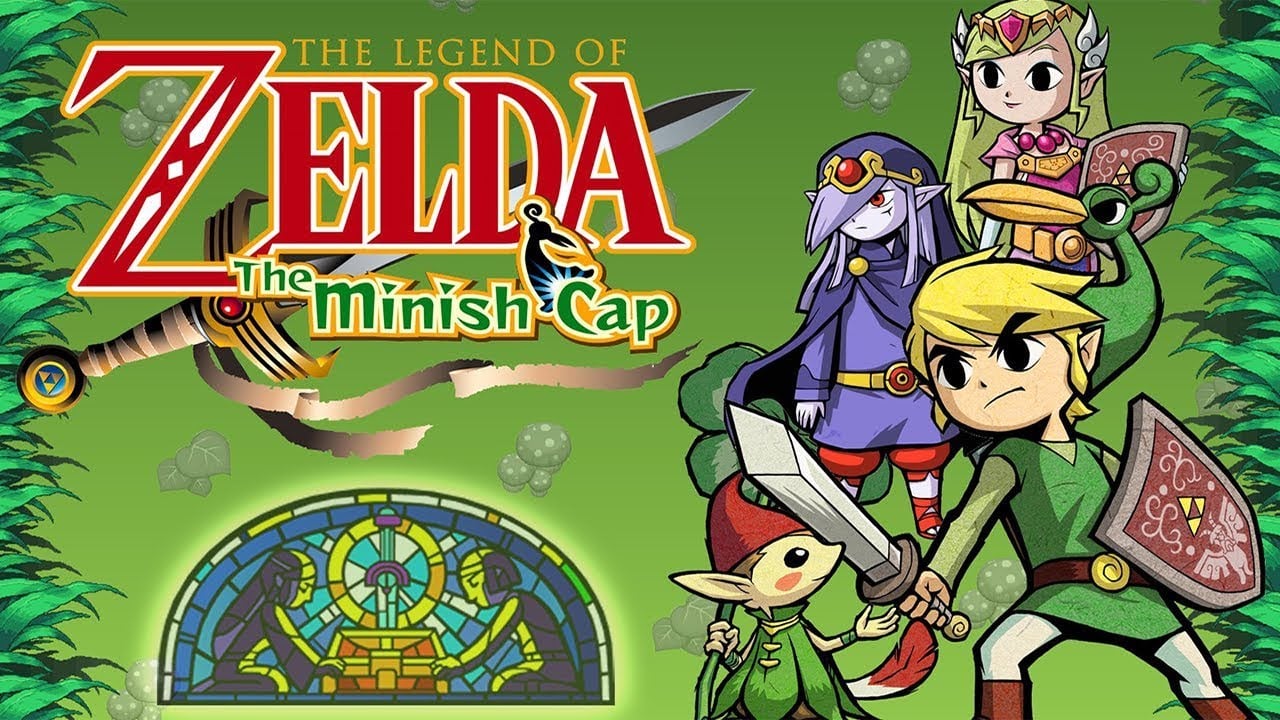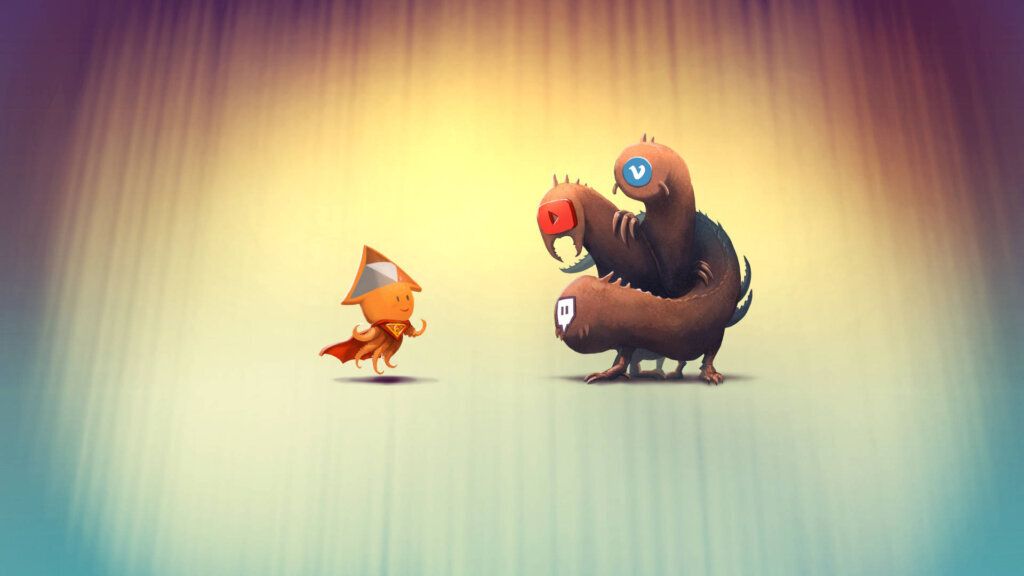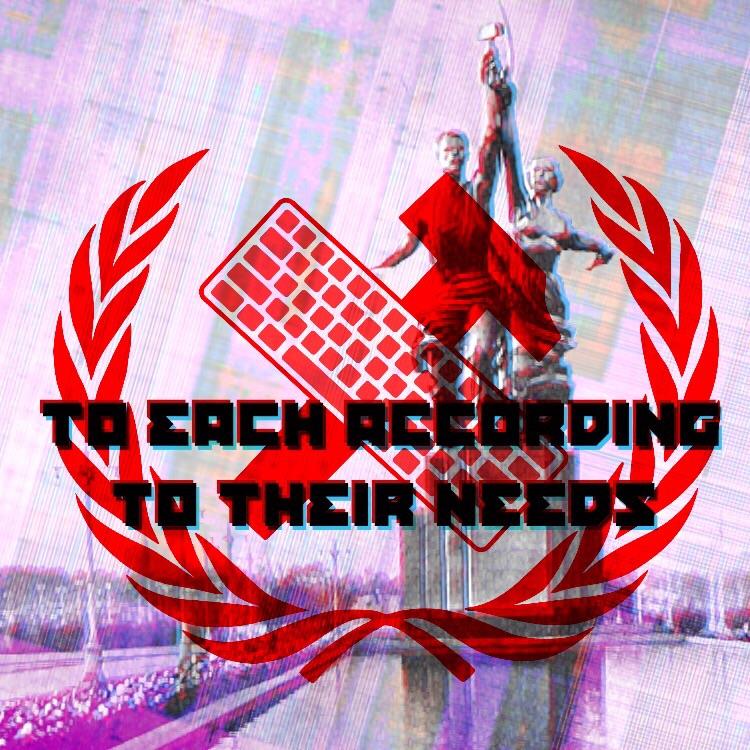Se [Fabiano] aprendesse qualquer coisa, necessitaria aprender mais, e nunca ficaria satisfeito.
- 63 Posts
- 226 Comments

 4·7 months ago
4·7 months agoI agree, but it somehow took me by surprise a CIA (or ex-CIA) person would use their own personal Twitter account to engage in twitter fights.
You’d think the intelligence guy would be a bit more savvy about how to use social media pseudonymously.

 18·7 months ago
18·7 months agoMovie AI apocalypse: Skynet takes over every computer on the internet and nukes all urban centres
Real “AI” apocalypse: clueless general asks a probabilistic chatbot what to do every day, accidentally starts war

 25·8 months ago
25·8 months agoThe other, called Wagemole, sees threat actors pretend to be jobseekers as part of a ruse aimed at both financial gain and espionage.
That’s just called an “internship”.
 13·8 months ago
13·8 months agoGames that flop often get heavier discounts later down the line. Digital copies have no cost to create, so the only cost is the opportunity cost of a bigger sale.

 9·8 months ago
9·8 months agoA few months ago, the search engine expanded its offering by making available data from OCLC’s proprietary WorldCat database. Anna’s Archive scraped several terabytes of data over the course of a year and published roughly 700 million unique records online, for free.
Scraping data is now “hacking”. Every single computer science department will have to close its doors and surrender their research datasets to the police.

 3·8 months ago
3·8 months agoGetting into academia in Brazil is arguably way easier than in the USA or other Global North countries (for foreigners) because our public universities are free and the competition is not too tight. We have a national test for computer science master’s programmes, kinda like ENEM. Here.
But academia is its own particular brand of hell no matter which country you’re in, so if you’re thinking about it first try and get through most of the course with good grades (for selection programmes) and consider doing a Master’s before getting set on a doctorate programme.
If you do an undergraduate, a master’s and a doctoral degree back to back, assuming nothing goes wrong, you’ll be stuck in academia for at least 10 years of your life, and that’s not an easy decision to make.
There are possibly also undergraduate research assistant positions in your college, so you could check those out to see if the research lifestyle is right for you.
Since you’re young, if you focus your interests on areas that are commercially interesting for open source projects (like the aforementioned Pine, or low-level systems that corporations depend on but can’t be bothered to develop), it’s possible you could end up working in the area. But along the way you’ll have to work on lots of non-free software jobs in order to survive, but also just to learn how to become a better professional.
This is just the way it is right now. It’s not a moral failure to engage with capitalism while living under it.
BTW, I’d advise you not to post too much identifying information on internet forums. You never know what kind of person might find it, and once it’s on the web it can be really hard to erase it.

 7·8 months ago
7·8 months agoThere’s a lot of work to be had doing maintenance and training in FOSS software rather than developing. It’s not as glamorous, but it’s of equal if not greater importance, since those using FOSS often need it due to low budgets (and therefore can’t always expect highly trained employees).
But the bad news is that your bio says you’re Brazilian, and the FOSS scene has been really bad in Brazil since Temer. Government has cut a lot of investment in developing national open source software, and even critical government bodies like the Receita Federal (IRS-equivalent for english-speakers) are now back to being fully reliant on windows licenses.
I’ve even heard that national banks want to migrate their ATM systems and networks to Microsoft systems, and they use shitty software like Teams for “”“security reasons”“”.
We’re in a bad state, but if you want to work on FOSS, you should try to think small. Social Assistance centres, small firms, maybe even research, that sort of thing.
But in the end, free software is free infrastructure, so don’t be surprised when you see big techs funding what’s supposed to be their antithesis if it marginally reduces their internal costs.
No matter how “valued” an industry makes you feel while training you when they have a worker deficit, they’ll discard you like shit once you’re replaceable or no longer useful.
Microsoft, Google, Meta, Amazon. They don’t build shit. They buy, consolidate and then lay off. It’s always like this.

 18·8 months ago
18·8 months agoAFAIK, basically they’re having to buy way more expensive liquefied gas all the way from their friendly ally, the US, rather than the cheap energy they could get from evil evil Russia. People have been pointing at the Cost of Living crisis in the UK since before the pandemic, but shit really hit the fan once they sanctioned Russia and blew up their own pipeline.
It’s for shovelling public money into the hands of a few useless corporations, like everything the US does.
 3·9 months ago
3·9 months agoI literally just want another 2D zelda game similar to Link Between Worlds. It looked like they were going in some really nice directions with that one, but then dropped the whole genre when BotW was such a success (no, remakes don’t count). Tunic was fantastic, but indie games take forever to make.

 4·10 months ago
4·10 months agoWhat will happen to GPT-{n} once LLMs contribute much of the language found online?
Absolutely horrifying thought. Wasn’t PageRank literally invented to solve shit like this?
This could create a funny circumstance, where LLM companies have to devise methods for automatic detection of LLMs text, but then normal people can just use those methods to filter out all LLM junk.
 6·10 months ago
6·10 months agoI think it is only this way in Dark Souls because Demon’s Souls was very messy and allowed for multiplayer to start even during one specific boss battle. So to keep the whole thing seamless (considering how otherwise janky the game was) they just went with “no pause” and it somehow became a tradition. Sekiro which is offline-only has a pause button AFAIK and you can “pause” Bloodborne by pressing the home button.
I’m not sure if there is ever a design benefit to not allowing pausing, it’s mostly from technical difficulties. Monster Hunter is identical to Dark Souls and always had a pause button since at least the Wii version.
 8·10 months ago
8·10 months agoI think the headline is a bit misleading, her case hinges on intentionally making game purchases addictive. It is effectively similar to a cassino, making the experience appeal to repetitive human impulses to extract as much money as possible, but the target audience is children aged 7 and over.
 31·10 months ago
31·10 months agoConsidering GTA’s historical treatment of women in their older games, I’ll still hold my breath to see how the characters are written. Although gamers seething is always nice, I’m always pessimistic with the AAA games industry.
 13·10 months ago
13·10 months agoFlorida (Wo)man Simulator looking pretty fire.

 3·10 months ago
3·10 months agoI did not realize I was talking to a debate-bro. My apologies.
I’m going to assume by this non-response that you’re apologising for a faulty analogy. It’s okay, I sometimes do it too.
There are plenty of conditions that change how people see reality that aren’t desirable.
This was a response towards you claiming that autism being part of somebody’s identity being “genetic-essentialism”. Of course there are plenty of conditions, like colour blindness and brain tumours. But I wasn’t arguing that autism is good because it’s different. I was arguing why autism can be part of somebody’s identity besides whatever genetic origins it has.
Are we going to medicalize the discussion of medicalization, then? You’re a champion of neurodivergence who casually dismisses an intervention by denouncing the researchers as “insane”? Dafuq?
Obviously I could’ve chosen better words and I apologise. But by “actual sane” I meant people who aren’t reactionary ableist bigots like those of Autism Speaks (who are not researchers). And at no point did I imply that the researchers themselves were such, though I wouldn’t be surprised. But although the word I used was unfortunate, I’ll still denounce interventions based on what I actually meant (bigoted/ableist/reactionary reasoning).
Diagnosed by symptoms
Which is different from being a symptom. You can’t just lump a bunch of unrelated conditions with possibly very different underlying causes because they have common symptoms. Like I said for brain tumours.
The article specifically calls out sever conditions associated with autism that they were seeking to treat in mice.
Fair point, I missed it. Here’s the line.
The male mice given the mutation were found to have lower levels of the MEF2C protein in the brain, and had symptoms that mimicked ASD-like hyperactivity, problems with social interaction and repetitive behaviour.
Those are definitely not what I’d associate with the worst of ASD. Nor are they very well defined (“problems”).
It’s strange though, this is a thread about autism erasure and “fixing” but you are the one getting flippant despite all major forces being at your side.
E: fixed a lot of bad grammar

 10·10 months ago
10·10 months agoCommenting again just to say I hate how medical science reporting often doesn’t even cite the name of the researchers. Not only is this very disrespectful towards the people who put in a lot of work into the research (and usually even publishing their results for the world to see), but it also makes it incredibly hard to verify the facts of the story.
Naming them only as “Chinese scientists” is just insulting. And now all search results have been poisoned by people only citing what’s in the SCMP article.

 3·10 months ago
3·10 months agoBut that isn’t just genetic. Two color-blind people can have very different aesthetic tastes despite both “seeing” the same spectrum of color.
Another bad equivalence, colourblind people clearly have “less” vision in that they see less information. Autistic people usually have “different” cognitive functions in a way that’s hard to even describe in text to a neurotypical person.
But even then it doesn’t matter whether the neurodivergence is genetic or not, it has obvious and direct impact in how people see reality and themselves.
And if this is advertised as an “anti-autism jab” treatment rather than say a “social anxiety” one, I hope you’ll forgive me for disliking the obvious ableist implication that “curing” autism is desirable, even if it could be optimistically interpreted as “alleviating common autistic issues”.
This is miles away from a holistic rewriting of consciousness to be neurotypical.
That is still the end goal of organisations like Autism Speaks and I’d rather actual sane people were more careful when talking about the medicalisation of neurodivergence. We live in a world where it’s not even that hard to find stories about autistic people who basically grew up locked in medical institutions being put on all sorts of treatments because this is how our current systems treat neurodivergence. So we can’t pretend that “voluntary” will actually mean “voluntary” when push comes to shove.
It is diagnosed through its symptoms.
And conditions within the brain can produce both epilepsy and autistic symptoms.
It’s still not a symptom so “sharing symptoms” is a moot point. Some people with brain tumours experience sensory hypersensitivity, but that doesn’t mean it’s that related to autism (besides being neurological) or that some kind of autism cure will have any use for that. It’s not even clear from the article if their treatment is directed at “symptoms” or just behaviour.



















Ryujinx will still exist, and is much more stable in my experience.